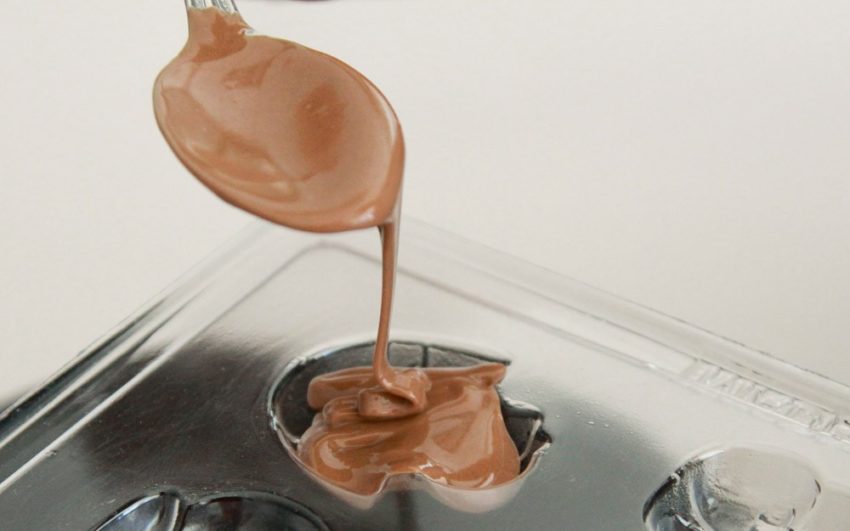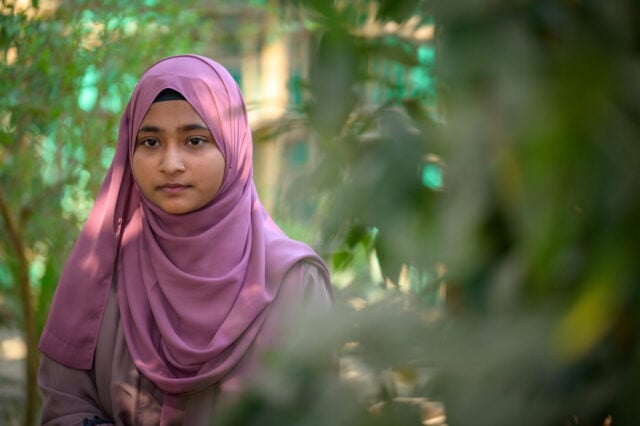Still struggling to find that perfect Valentine’s Day gift for your sweetheart? Chocolates are a favorite standby to show affection. But could those delicious treats be produced using exploited child labor?
Cheryl Hotchkiss, manager of World Vision’s campaign to end child slavery, says the answer is “yes.”
“The bitter truth is that children are doing dirty, dangerous, and degrading work in the chocolate industry,” she says. “They get hurt swinging machetes to cut down cacao pods. They get sick from pesticides and toil in extreme heat with little pay, poor nutrition, and no healthcare. They’re separated from their families, and can even be abused by employers.”
Most large chocolate companies have declared they will use only ethically produced cocoa by 2020. But so far, only about 5% of chocolate sold worldwide is certified to be free of exploited child labor.
World Vision wants companies to work more closely with third-party certification organizations, such as Fair Trade USA, to establish that their chocolate supply chains meet ethical standards.
Meanwhile, the thought of eating chocolate need not make you feel sick. You can search the Web for chocolatiers that meet fair-trade standards. And here’s a list of quality chocolate, readily available online or in stores, that has Fair Trade USA’s seal of approval. They can be enjoyed with a clear conscience.
- Le Marais Chocolat truffles (Le Marais Chocolat)
- Kickin’ Coconut (sweetriot)
- Dark Quinoa (Alter Eco)
- Dark Coconut Toffee (Alter Eco)
- Chocolate Covered Expresso Beans (Kopali)
- Cherries in Dark Chocolate (Chocolove)
- Currants and Almonds in Dark Chocolate (Chocolove)
- Lily’s Dark Chocolate Coconut (Lily’s)
- Fruity (TCHO)


